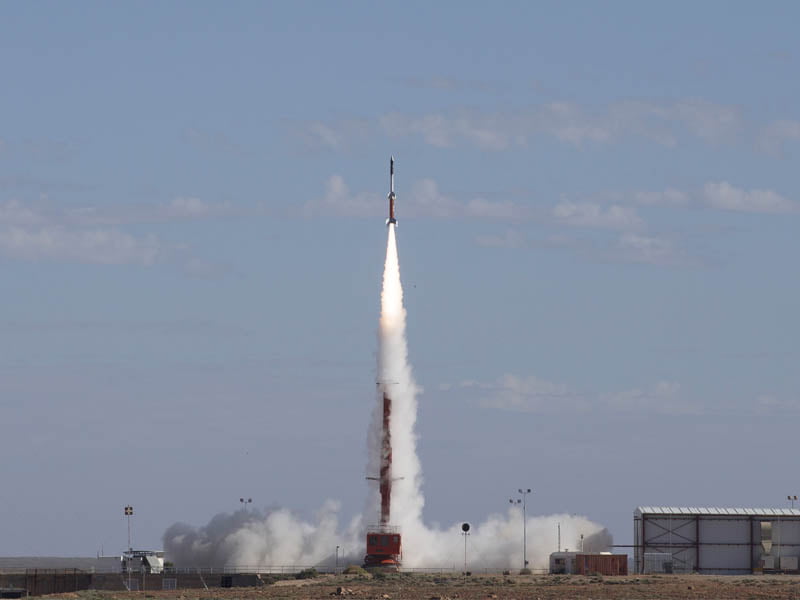Blue Origin, Amazon founder and CEO Jeff Bezos’ ambitious, privately-funded aerospace venture company has formally invited the Federal Government’s nascent national space agency to play a role in its mission to achieve space tourism and establish a lunar presence.
Blue Origin commercial director, Ted McFarland, this week used the Australasian Satellite forum in Sydney as a platform to issue the invitation and told InnovationAus.com that it was more than just a goodwill gesture on the company’s part.
“We would really like to explore it,” Mr McFarland said. “There’s a lot of talent here. There’s a lot of land here. So, if I want to put in a space tourism business, I think you’ve got some land available and I think you’ve got some great people to work on the problem. So, yeah, this is a formal invitation to discuss.”

Mr McFarland said that the Australian agency would be a particularly attractive candidate to play a role in Blue Origin’s lunar missions, collectively known as “Blue Moon”.
“We would love to have Australia com join us on the stage in Bremen, Germany with Jeff (Bezos) in September at the (International Aeronautical Congress) and be part of a group announcement. We’re going back to the moon and we’re going to stay. So, yes, we’re ready and able to have that conversation with the government of Australia,” he said.
More broadly the announcement of the new agency has captured the attention of the region’s global space industry, with many firms willing to engage with the agency and participate in its development.
Rocket Lab USA strategic partnerships director Kennon Kincaid said its operation in New Zealand had already led to the establishment of an agency there and that it planned to ramp up its activity in the immediate region with a view to using government channels to breach the Tasman.
The sentiment was shared by their fellow panellists at the forum. International Launch Services senior sales director Kevin Reyes and Arianespace managing director, Vivian Quenet each offered similar statements of support for the new agency.
Comments on fresh reports from the UK that the new Australian agency might partner with Britain to escape its woes over Europe’s €10 billion Galileo global navigation satellite system were harder to come by at the forum.
According to those reports, the UK is planning to spend £3.7bn to develop its own system in response to an insistence by the EU that Britain be prohibited from accessing secure elements of the Galileo system following its exit from the union.
When asked about the reports, a panel of defence satellite specialists at the Australasian Satellite forum said, if they were familiar with the reports at all, that it was too early to comment on them.
The EU-backed Galileo system provides GPS-type navigation services for commercial operators in Europe to reduce its reliance on US military global positioning systems. The UK played a major role in developing the systems, but the EU is insisting on enforcing rules preventing non-member states accessing Galileo’s military grade signal without a defence and security agreement.
That has left the UK weighing a decision as to whether to continue to allow British companies to continue contributing intellectual property to Galileo or whether to issue new tenders to launch its own navigation satellite constellations controlled by the Royal Air Force. Reportedly, it has recently issued warnings that it may revoke security authorisations for British companies taking on new Galileo contracts severely hampering the system’s development continuity.
The UK is believed to be seeking to cooperate with other members of the “Five Eyes” intelligence sharing community — Australia, New Zealand, the US and Canada — to develop the alternate satellite system.
According to the reports, the Australian government has not provided any comment on whether it would participate in the new system.
Do you know more? Contact James Riley via Email.

